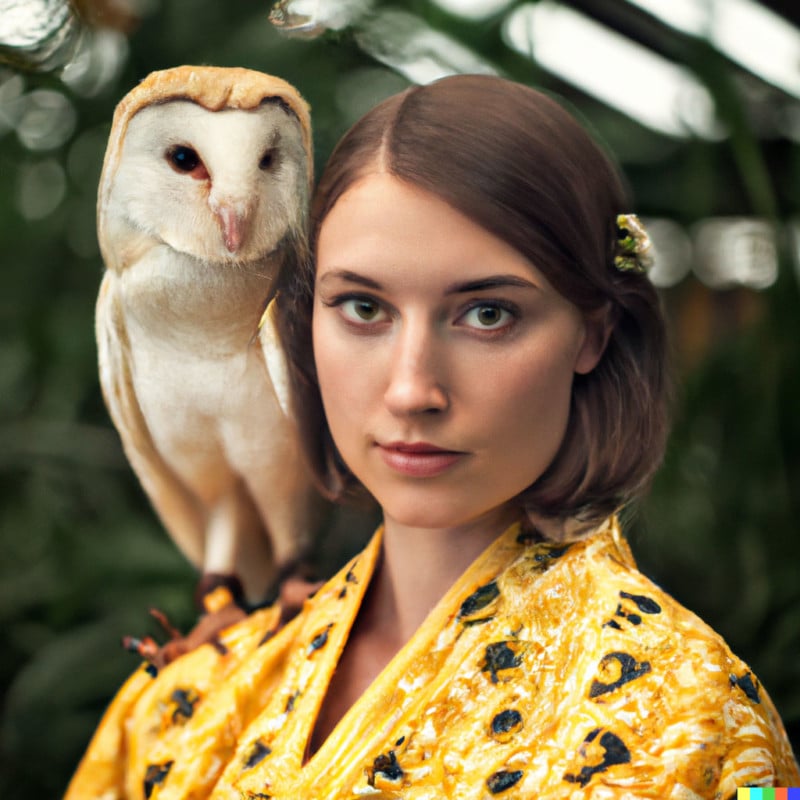Photographers Should Own The Copyright to Their AI-Generated Photos
![]()
A few months ago, the US Copyright Office rejected Steven Thaler’s request to copyright a picture on behalf of an algorithm he dubbed the Creativity Machine.
Thaler’s objective was to test the office to see whether they would grant copyright to an artificially intelligent (AI) machine. The United States Copyright Office found that Thaler’s AI-created image didn’t include an element of “human authorship” — a necessary standard, it said, for protection. The ruling determined that only humans can copyright images in the United States and that AI-created images can’t be copyrighted.
While Thaler, who has now filed a lawsuit, may be making mischief, it does raise an issue for creators and photographers using programs like the DALL-E 2.
As featured on PetaPixel, photographer Mathieu Stern spent days creating AI portraits of people who don’t exist. Stern should be awarded copyright for his work, as it was his creativity and knowledge of photography that helped to create these artworks.

In fact, Stern didn’t just use DALL-E 2 to create the images. He imported the images into Photoshop and used its neural filers, Adobe’s own AI add-ons, to finish off the works.
At no point did these portraits that Stern created ever involve him taking out a camera and shooting, but it was his vision, his artistry, and his expertise that went into these artificially created photographs.
“Technically I created these images, but I can’t say that I own the copyright … so it’s not clear right now,” says Stern.
Interestingly, on Dall-E’s website, under terms of use, it says that OpenAI, the makers of Dall-E 2, owns the generations created and that the program is for personal, non-commercial use only.
“As between the parties and to the extent allowed by law, OpenAI owns all Generations, and you own your Uploads, excluding Generations within Uploads,” reads the terms.
Of course, that “law” is currently ambiguous.
Give Photographers the Copyright
Technology moves faster than the law, and artificial intelligence is no exception. This is why we currently sit at a crossroads, with many different options available to us.
Authorities are unsure on how to move forward with AI copyright, and more cases like Thaler’s will be in front of the U.S. Copyright Board sooner rather than later.
PetaPixel champions photographers and all those who create imagery. This is why I urge the U.S. Copyright Office to award photographers the copyright on AI-generated photos they create.
Image credits: Header photo licensed via Depositphotos.